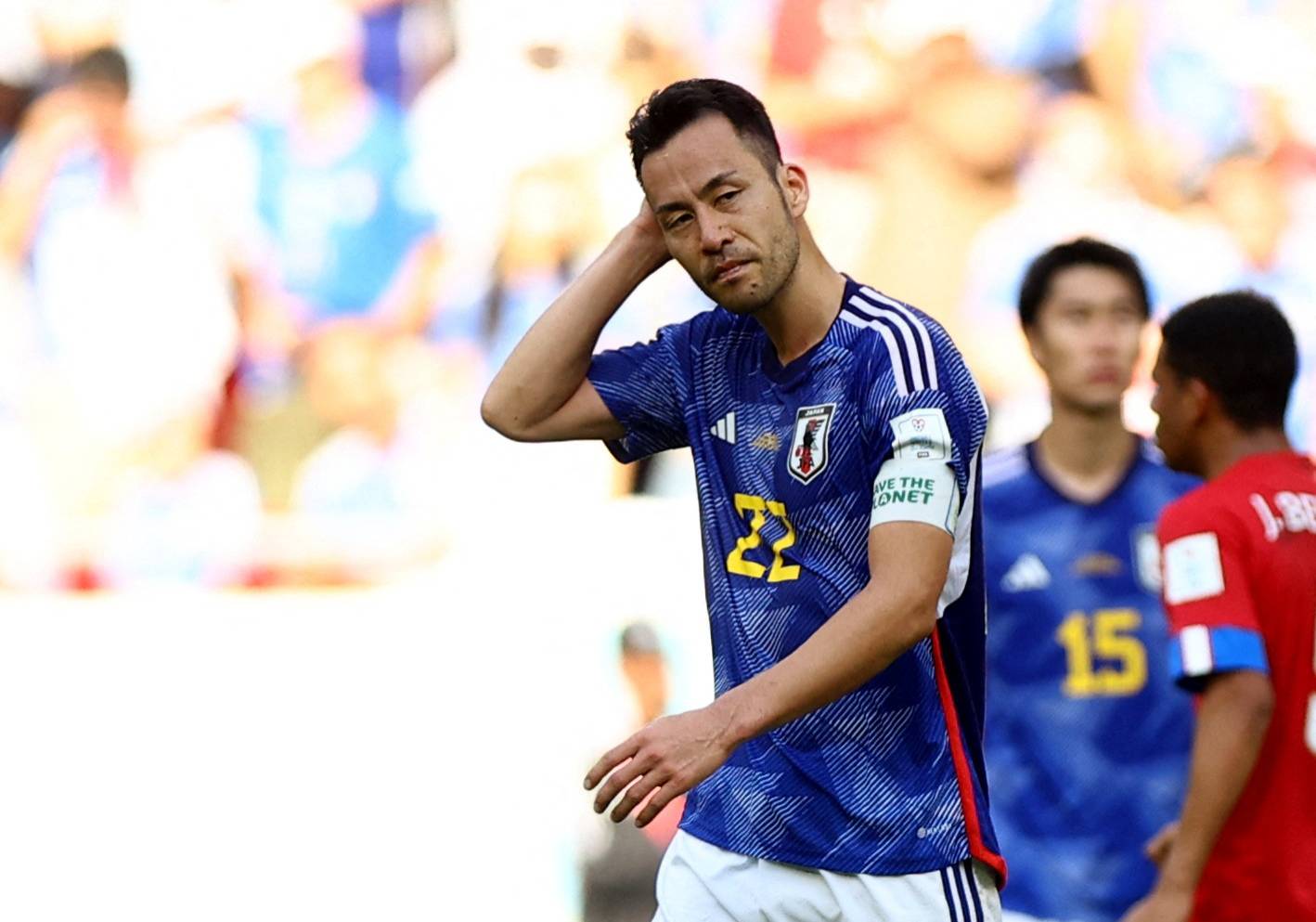When did the clock strike midnight on Cinderella darling Japan in its 1-0 defeat to Costa Rica on Sunday?
It could have been when Hajime Moriyasu decided to rotate half of the starting lineup that stunned world No. 11 Germany just four days earlier — a result that was arguably the Samurai Blue’s best ever at a FIFA World Cup — in service of a conservative gameplan that hardly fit the occasion.
Maybe it was when Japan’s attacking foursome spent much of the first half sleepwalking and failed to create much of anything in the way of scoring opportunities against a Central American side that gave up seven goals to presumptive group favorite Spain in its opener.


















With your current subscription plan you can comment on stories. However, before writing your first comment, please create a display name in the Profile section of your subscriber account page.